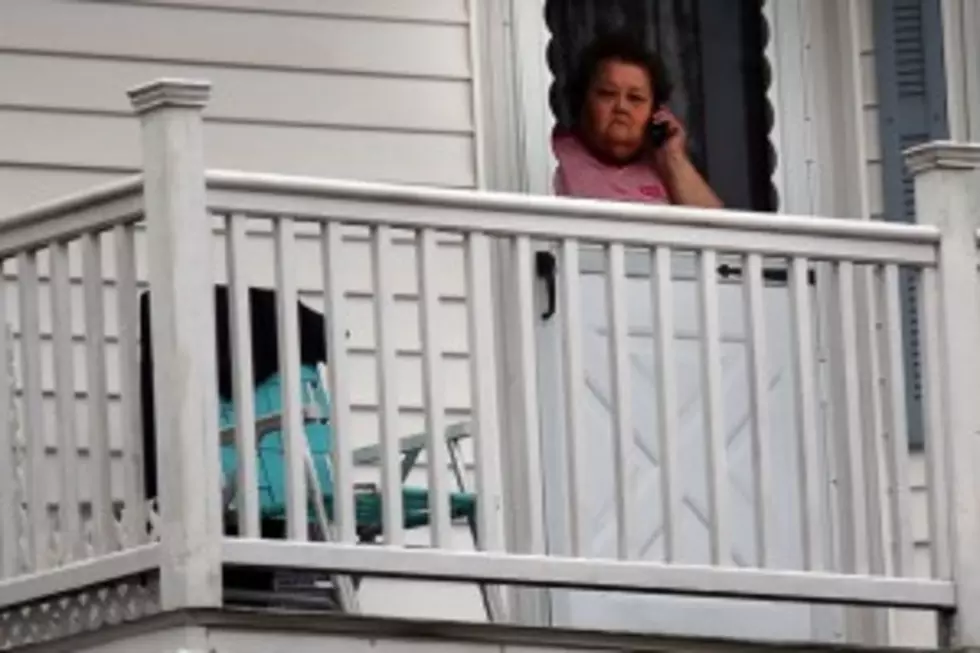
Medicare Scam Targeting Elderly in Bossier City
The Bossier Financial Crimes Task Force advises residents to be aware of a scam that targets the elderly by calling them on the phone and telling them they need a new Medicare card.
Tuesday night a 76-year-old Bossier Parish woman contacted the Bossier Sheriff’s Office Wednesday to report just such a scam. She told detectives that she had received a phone call Tuesday evening from a man with a foreign accent. He informed her she needed a new Medicare card and began to ask her to confirm some information. All sounded legitimate to her, so she continued with the phone call.
First, the man asked her to confirm her address. When she did he then asked her to confirm the name of her bank. She did that and then the caller asked to confirm her bank account number and she hesitantly confirmed that information as well. The woman began to feel uncomfortable, and she asked the caller if this was for real or a scam. The man then told her he would call her back later and hung up. On Wednesday, the woman went to her bank and had the account closed.
Detectives urge residents to be on the alert to such schemes. Reports are increasing about scammers calling the elderly even claiming that they need to be issued new health insurance cards required by the Affordable Care Act. It’s another attempt by criminals to prey on the elderly.
According to Lt. Mitch Lollar of the Bossier Sheriff’s Office and member of the Bossier Financial Crimes Task Force, it’s too often a case when criminals prey on the elderly because of their trust factor. “The elderly have a genuine trust in their fellow man,” he said. “Our elderly population grew up in a time when there was very little crime and most people could be trusted completely. Some of our elderly are often lonely and grateful to have someone to talk to, not suspecting that the “polite man” on the other end of the phone or email may be preying on them.”
Tips to help you avoid being a victim
Detectives with the Bossier Financial Crimes Task Force remind residents of a few precautions to keep from becoming a victim of these types of scams.
- Be cautious with your identity. Never give personal information to someone who has contacted you unsolicited, whether by phone, email, social media or in person.
- Government agencies normally communicate through the mail, so be cautious of calls, text messages or emails.
- Don’t trust caller ID. Scammers have technology that lets them display any number or organization name on your screen.
- Keep your personal information to yourself. Never give out personal information such as credit card numbers, bank account numbers, date of birth or Social Security numbers to unfamiliar callers.
- Contact your local law enforcement agency to report any possible scams or criminal activity.
If you’ve already given out your personal information:
- Call your bank and credit card companies to explain what happened. The sooner you contact them, the more likely you will be reimbursed for any fraudulent charges on your accounts.
- Monitor your bank account and credit card accounts carefully. It may be weeks or months before scammers attempt to use your information, so check it regularly.
- Contact the credit reporting agencies.
- Contact your law enforcement agency.
Lt. Lollar also suggests checking with http://www.fraud.org/learn/older-adult-fraud. “It’s a great website where you can find some great information and tips for protecting yourself and your loved ones, as well as frequently provide fraud protection tips and information regarding the latest elderly scams,” he said.
The Bossier Financial Crimes Task Force is composed of white collar crime investigators with the Bossier Parish Sheriff’s Office and Bossier City Police Department. Bossier Parish Sheriff Julian Whittington and Bossier City Chief of Police Shane McWilliams formed the task force by combining resources from both agencies to combat crimes such as identity theft, fraud and embezzlement within the city and parish.
More From News Radio 710 KEEL







